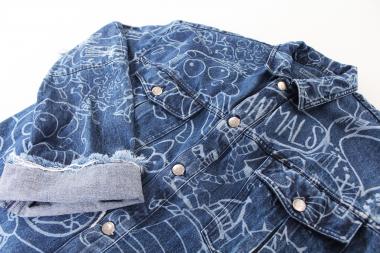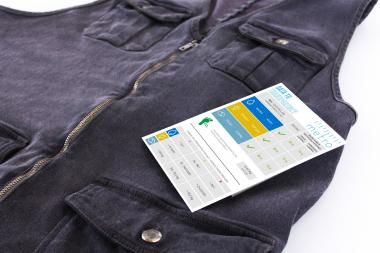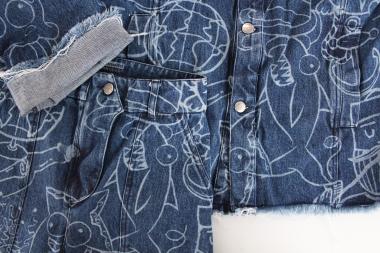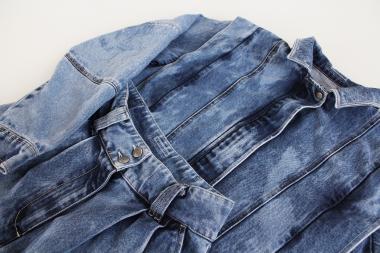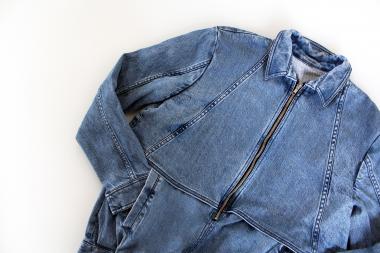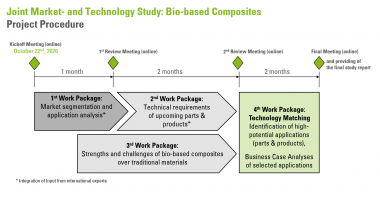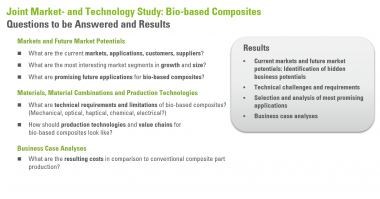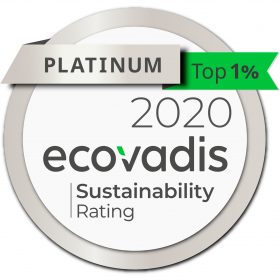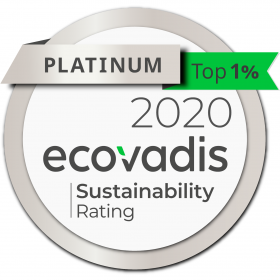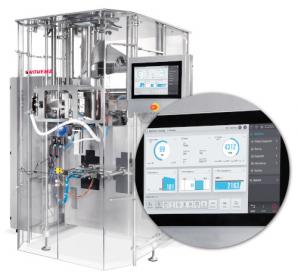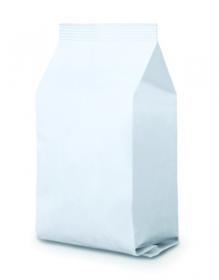Oerlikon: Weniger Abfall durch intelligente Fabrik
Eine typische Chemiefaseranlage produziert gut 600 Tonnen Garn am Tag. Dazu werden in der Filamentgarn Produktion rund 700 Wickler benötigt, oder in der Stapelfaser Produktion 3 Anlagen. Diese Zahlen zeigen, wie wesentlich ein reibungsloser Produktionsprozess ist.
Schleicht sich irgendwo im Prozess ein Fehler ein, erhöht sich der tagesübliche Abfall dramatisch. Klar, dass das jeder Garnhersteller im Sinne einer wirtschaftlichen Produktion vermeiden muss. Hier leistet Digitalisierung wertvolle Unterstützung. Eine intelligente Fabrik, die sämtliche Schritte der Produktionskette inklusive aller Nebenprozesse miteinander vernetzt, meldet frühzeitig Qualitätsabweichungen. Der Garnhersteller kann schnell in den Produktionsprozess eingreifen und so die Produktion von Abfall vermeiden.
Digitale Lösungen sorgen für höhere mehr Prozesssicherheit
Die intelligente Fabrik steht auch bei Oerlikon Manmade Fibers im Fokus. Dabei umfasst sie deutlich mehr als das seit Jahren im Markt etablierte Plant Operation Center. „Es geht um absolute Transparenz und Nachverfolgbarkeit. Am Ende kann der Garnhersteller nachvollziehen, auf welcher Position seine verpackte texturierte Garnspule gesponnen wurde, sogar Informationen zum verarbeiteten Granulat und den spezifischen Produktionsbedingungen liegen vor“, weiß Ivan Gallo, bei Oerlikon Manmade Fibers verantwortlich für Digitale Produkte. So sorgt die intelligente Fabrik vor allem auch für Prozesssicherheit. An jeder Station des Garnes, an der Werte und Daten erfasst werden – wie zum Beispiel bei der visuellen Inspektion oder beim Wiegen –, werden die Daten automatisch ins System eingegeben und das Produkt bewertet. So kann der Garnproduzent jederzeit bei Auffälligkeiten in den zwischengeschalteten Labor- und Qualitätsprüfungen korrektiv in den Produktionsprozess eingreifen.
Informationen zum Chipsfeeding, zur Trocknung oder auch zum Masterbatch sind ebenso verfügbar wie Daten zur Klimatisierung, Druckluftversorgung und zu weiteren Nebenanlagen. Damit hat der Garnhersteller jederzeit den vollständigen Überblick über die laufende Produktion inklusive sämtlicher Informationen über Qualität und Produktionskosten.
Oerlikon






